One of our most urgent challenges is squaring the need to produce enough food for a global population with addressing the loss of biodiversity that results from converting land for agricultural use. But recent findings from W.K. Kellogg ... Read More
Wide-ranging study explores ‘evolution’s solutions to growing old’
The most comprehensive study of aging and longevity to date showed that turtles, salamanders and crocodilians (an order that includes crocodiles, alligators and caimans) have particularly slow aging rates and extended lifespans for their ... Read More
Integrated approach to land management unexpectedly boosts U.S. climate mitigation capacity
Nature-based climate solutions like storing carbon in trees and soil are key climate change mitigation strategies, as is bioenergy coupled with geologic carbon storage. A new study from KBS faculty member and Michigan State University ... Read More
From summer program to published paper: Sowing the seeds of research
Each summer, undergraduate students come to W.K. Kellogg Biological Station for the unique opportunity to live, study, and do hands-on research at an internationally known field station. And for some students, like Sarah Johnson, that ... Read More
Should we stay or should we go? KBS researchers study guppies to discover motivations for travel
“Traveling can be dangerous and it takes energy. Given all the risks, why do things move around at all?” The question posed by W.K. Kellogg Biological Station researcher and Michigan State University assistant professor Sarah ... Read More
A murky question: What does groundwater have to do with lake algal blooms?
The causes of troublesome lake algae are not always clear, but an interdisciplinary research project with W.K. Kellogg Biological Station researcher Elena Litchman and a colleague from Michigan State University have identified one factor: ... Read More
Study on no-till practices highlights the importance of long-term research
A recent paper by W.K. Kellogg Biological Station scientists and others suggests that the best time to transition to no-till farming practices may have been decades ago. The second-best time may be now. The study's results speak to the ... Read More
Genetic rescue warrants consideration as a conservation measure for some populations
A primary concern of assisted gene flow—introducing individuals from a different geographical location to a small fragmented group of the same species to encourage genetic rescue—is disruption of local adaptation. A new study, published in ... Read More
Shelter from the storm: Increasing resiliency of rare species in hurricane-prone areas
What happens when a major hurricane careens through a rare, fragmented ecosystem? North Carolina State University researcher Erica Henry and others, including W.K. Kellogg Biological Station ecologist Nick Haddad, found themselves in a ... Read More
Perennial biofuels show promise in meeting energy needs, supporting crucial ecological functions
When we think of biofuel crops, a sprawling field of corn is often what we imagine. Though corn (Zea mays) is the most commonly planted biofuel in the United States, its climate mitigation potential is diminished by the need to till, ... Read More

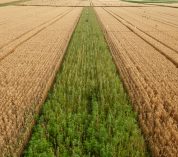
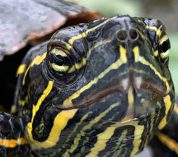
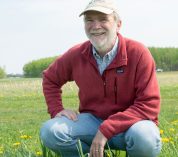
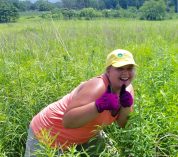
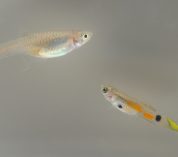
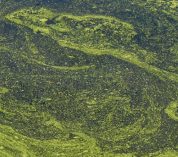
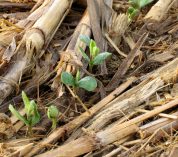
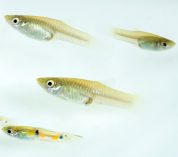
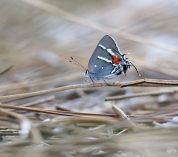
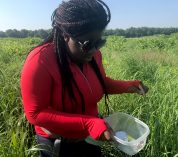
A legacy of conservation; a commitment to sustainability.
3700 E. Gull Lake Drive
Hickory Corners, MI 49060
(269) 671-5117
info@kbs.msu.edu